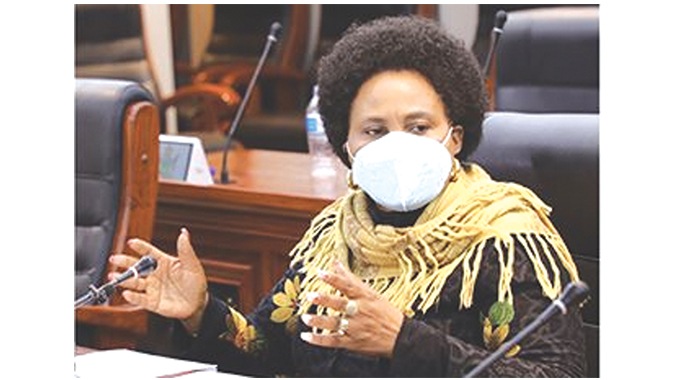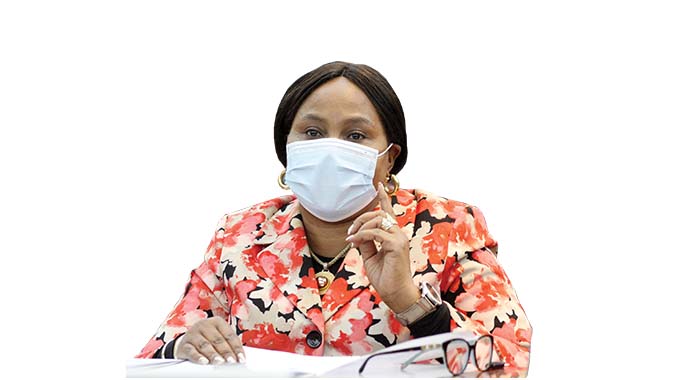Zupco to revive traditional bus routes

Thandeka Moyo-Ndlovu, Chronicle Reporter
AN additional 667 buses are needed to enable the Zimbabwe United Passengers Company (Zupco) to provide a more efficient service following the ban of private operators in the country.
Private-owned commuter omnibuses were banned from the roads when the initial national lockdown was introduced on March 30 last year as part of measures to contain the spread of Covid-19.
The removal of private kombis is set to help bring back sanity onto the country’s roads.
In a post-Cabinet briefing on Tuesday, Information, Publicity and Broadcasting Services Minister Monica Mutsvangwa said police will continue weeding out defiant illegal transporters.
“On enhanced public transport logistics, Cabinet resolved to support the urgent procurement or hire of an additional 667 buses to enable Zupco to provide a more efficient service to all high-density suburbs. Zupco is going to revive traditional bus routes, using designated bus stops, adhering to the stipulated bus time table, and improving the electronic payment system,” said Minister Mutsvangwa.
“Furthermore, there will be repair of non-functioning traffic management signals, deployment of traffic management system at Zimbabwe Republic Police (ZRP) Command Centre; generation of number plates, smart transport solution with cameras will be rolled out in June, and implementation of the tracking system on Zupco franchise buses.”
So far, 7 012 vehicles have been impounded for failure to display number plates and illegal operations (mshikashika).
“The nation is informed that the Vehicle Inspectorate Department, Zimbabwe Republic Police (ZRP) and the Traffic Safety Council of Zimbabwe (TSCZ) are flushing out the unregistered vehicles. Zimbabwe Republic Police and the Municipal Police will be resourced to enable ZRP to implement traffic enforcement programmes effectively. There will be joint operations between Municipal Traffic Police and ZRP at the intersection.”
Minister Mutsvangwa said municipal traffic police will also be trained on how they will operate in the controlling of traffic.
She said impound yards would be established at strategic places along major routes and trading at all Traffic Intersections and along Road Servitudes will be criminalised.
Cabinet also approved the 2021 fire season veld fire management strategies as fires remain the most threatening factor on Zimbabwe’s forests, pastures, crop lands, property, infrastructure and food security
Minister Mutsvangwa said this year the country is generally in the high-risk category of 24,7 percent to the extreme risk of category of 65,2 percent veld fires outbreaks countrywide.
“This is as a result of the good rainfall in the 2020/2021 season. The Mashonaland West, Mashonaland East, Mashonaland Central and Manicaland Provinces are at extreme risk, while Matabeleland North, Matabeleland South, Midlands and Masvingo provinces are at high risk of the veld fires. With a prediction of 89,9 percent of the country being in the high to extreme high fire risk, Cabinet approved the 2021 Fire Season Veld Fire Management Strategy in order to reduce veld fires,” she said.
Cabinet heard that the strategies include conducting a farm level fire awareness blitz to raise awareness and sensitise farmers and communities on the environmental provisions on veld fire management.
“There will be carrying out of farm level inspections to monitor compliance to fire preparedness protocols; intensifying fireguard construction; hay baling, thatch grass cutting; and combing for sale for the provisioning of feed and biomass reduction. All local authorities are required to come up with plans for veld fire management,” she added. — @thamamoe









Comments